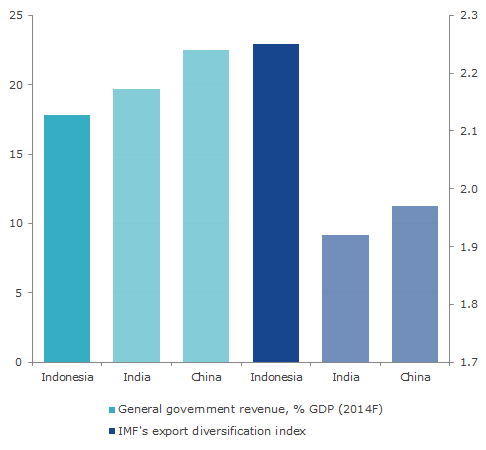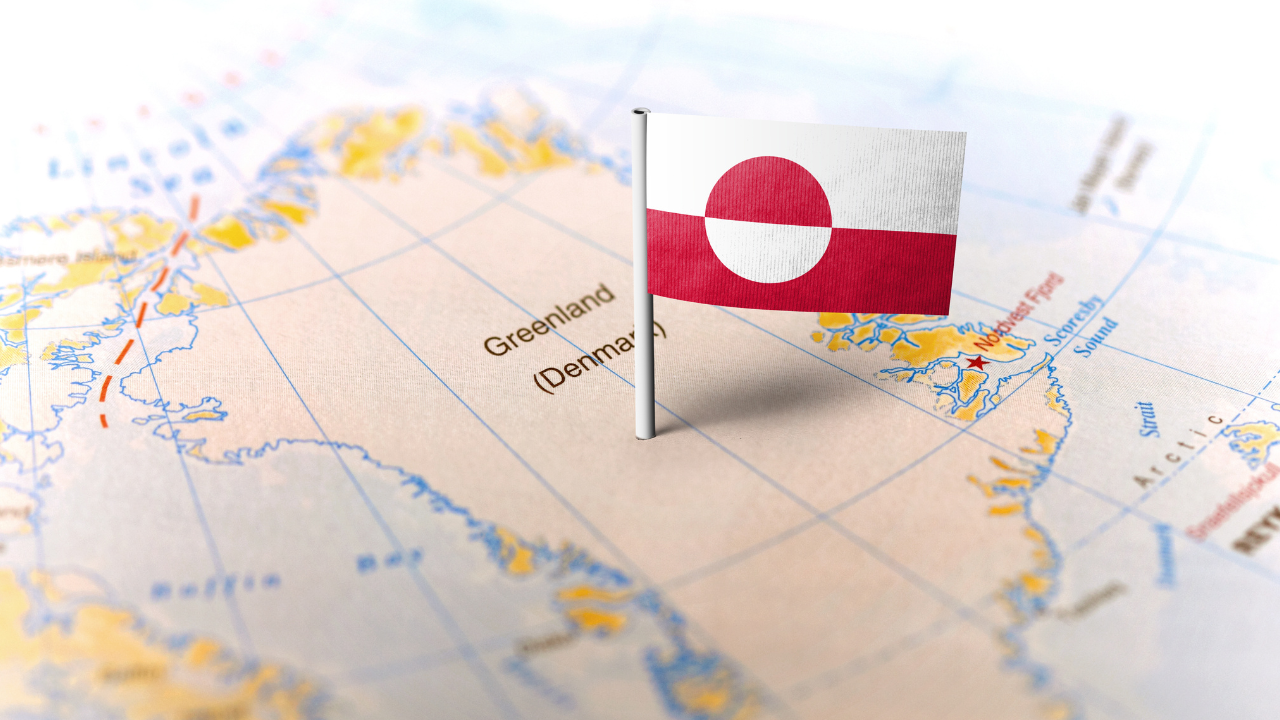A relatively smooth political transition in Indonesia removed a major uncertainty that marred the country's outlook for months. Expectations are high, but challenges abound. Newly elected President Widodo needs to address major structural issues such as the reduction of generous fuel subsidies and the economy's commodity dependence to put growth and the external balance on a firmer footing. This would require building coalitions in a fragmented parliament with ensuing implementation risks.
Other policy priorities include boosting revenue collection (down 3.5% of GDP since 2008), infrastructure development and encouraging FDI inflows. As external conditions are likely to become more challenging, speedy progress on the structural front as well as monetary discipline will be crucial to make Indonesia a success story.

Source: IMF
* General Government Revenue usually consists of central, state and local governments and the social security funds controlled by these units. The numbers on the chart show fiscal revenue collected by these units.
** a higher value of the IMF's Export Diversification Index indicates lower export diversification.
Get the latest news & insights from MarketVector
Get the newsletterRelated:




